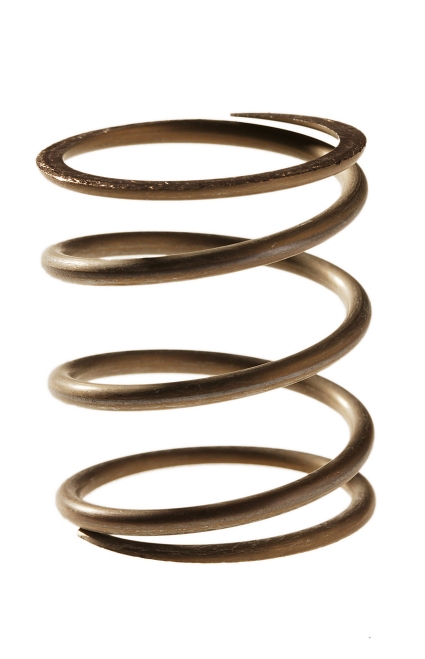Hello and good morning. It’s Thursday, the day of my old, traditional blog posts. It’s also my second and the planned last blog post for this week.
In the morning, I entertained trying to write a post in the afternoon yesterday, and I even thought about it in the afternoon for a bit. But there was just too much noise and irritation, and I couldn’t summon the concentration. This is a bit similar to what often happens with my thoughts about studying during slow time at the office. I consider it often, and in the morning, while I’m walking, if I’m listening to some science-oriented book, I think with truly eager anticipation about cracking open one of the texts I have at the office.
But the overhead noise and the people being late and saying silly things and all that just wears down my concentration. I have to use all my energy just not to go berserk and/or leave the office. Even when I am the one who chooses the overhead music playlist, as was the case on Monday and Tuesday, it’s not enough. The only playlist I want is the original sound of silence, and I don’t mean the song by Simon and Garfunkel. I mean silence, like that abyss between the stars I mentioned a few days ago.
There’s a reason Sailor Saturn is my favorite Sailor Senshi. She’s the sailor of silence, the bringer of total destruction (and also rebirth, but no one’s perfect).
Anyway…
I walked to the train yesterday. It was a good day for it, since it was relatively cool down here. I also wrote a little over a thousand words on Extra Body, and that’s also good, of course. I really find it tempting to want to write some on it every day, but I fear that I would lose my motivation if I did. Also, as I’ve said before, this blog is my only frequent contact with the “outside world”, and my only personal “cry for help”, though that last part isn’t doing so well at its purpose‒which makes it pretty typical for things that I try, come to think of it.
The whole thing highlights one of the big problems with the various forms of serious mental illness: The very nature of the problem significantly hinders the ability of the sufferer to seek or ask for, let alone to obtain, help. If no outside person actually does anything, no assistance arrives, except perhaps after some true catastrophe, by which time it is often too late.
I suppose part of my problem in using this blog for that purpose is that I leave readers subject to the bystander effect. Read about it. It’s quite disheartening, and is yet another way the world sucks. Basically, a person is more likely to help someone in need if he or she is the only one who can help. When there are more people around, not only is each individual less likely to provide assistance, but the overall chance of anyone helping the person in need is less than if there was just one person to help. At least, that’s if I recall the overall data about the effect well.
The most famous case of it turns out not to have been as clear-cut an instance as is often believed, so I won’t describe or link it here. But there is some data demonstrating that people are less likely to offer aid to those in immediate need if there are other people around.
There’s at least a fair chance that someone will catch any events surrounding someone crashing and burning on their smartphone, though, and will share the video to social media. If anyone ever wonders why I often express the sentiment that the human race ought to be destroyed, it’s these sorts of things that engender such a sentiment.
I don’t really know what else to write about today. I’d love to discuss psychology and physics and math and economics and biology and philosophy, not to mention writing, but I’m frankly just exhausted. I had a terrible night’s sleep last night, and I feel less well-rested after getting up than I did when I went to bed. This is not unusual.
Also, the arthrosis in the base of my thumbs is getting worse, and I have not yet figured out any adequate therapeutic intervention. Even doing the small amount of note-taking by hand that is required by my job is quite uncomfortable.
Don’t get me wrong, it’s not horrific pain or anything like that. I’ve had and continue to have far worse. It’s just yet another straw laid across the dromedary’s hump, which would be fine if there were a good reason to keep carrying the load, but I have no such reason; I merely have the habit.
Life, for me, may be merely that: a bad habit that I need to break.
Anyway, that’s enough for today, and for this week, and so on. I hope you’re having a good first few days of Spring in the northern hemisphere; I hadn’t realized on Tuesday that the equinox was that day, slightly earlier (from a Gregorian calendrical point of view) than is typical, and by the time I did, the post had already been published. Oh, well. I’m probably the only one who cares, anyway.
TTFN


